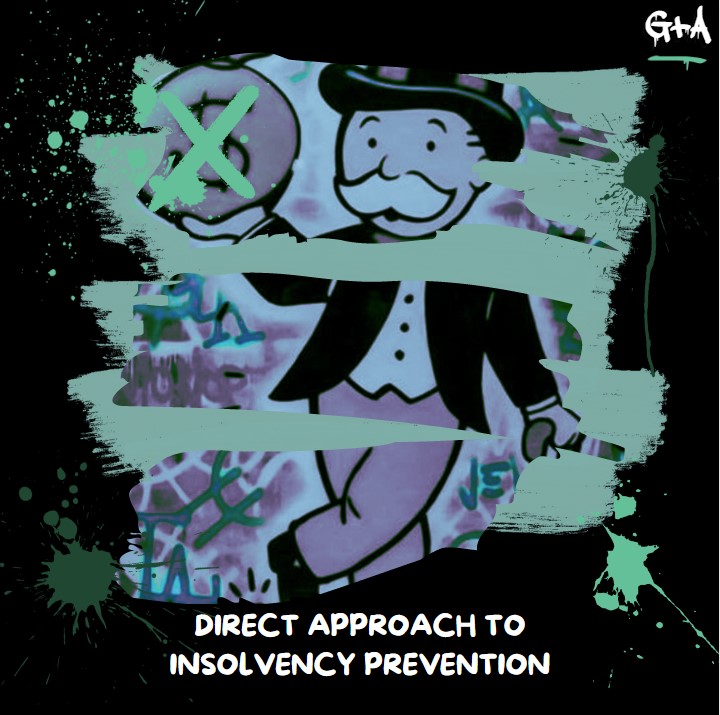We recently addressed the increasing number of construction companies entering receivership and liquidation and the consequential impacts for home buyers. Just as there is prevention strategies for home buyers to avoid losing their investment, there are various prevention strategies that exist for Directors of companies avoiding insolvency.
Industry participants are often the first to become aware that a company is entering financial difficulty.
A Director of a company has several obligations pursuant to the Corporations Act 2001 (Cth) (“the Act”), they include:
- act in good faith in the best interests of the corporation s 181;
- exercise their powers with a proper purpose s 181;
- act with care and diligence s 180;
- avoid improper use of information s 183;
- disclose certain interests s 191; and
- prevent insolvent trading by a company s 588G.
As you may detect, these Director’s obligations, commonly referred to as Directors Duties, are geared towards promoting effective governance of a company and, more specifically, the prevention of insolvent trading.
Pursuant to s 588G of the Act, Directors must not trade if their company is insolvent. Consequences for breaching this duty includes compensation proceedings for parties aggrieved, fiscal penalties of up to $200,000, disqualification from acting as a Director of a company in the future, or imprisonment for up to 5 years.
A company is deemed to be insolvent if it cannot pay its debts when they fall due. In determining whether a company is solvent, a Court will assess the company’s financial status by reference to its cash flow, balance sheet, tax returns, and profit and loss statements.
Approaching this from a practical point of view, what can a Director of a company do to maintain their obligations under the Act to avoid insolvent trading? We have identified the following:
I. maintain up-to-date and effective bookkeeping;
II. minimise overspending;
III. eliminate unnecessary expenses;
IV. preparing and lodging accurate BAS statement on time (discuss with your accountant) to avoid personal liability or a Director’s penalty notice; and
V. engage legal representation when concerns as to solvency arise.
Many companies make the mistake of pretending the debts are not falling due, or “sticking their heads in the sand”. We strongly advise against this.
Importantly, if you seek our legal representation when concerns as to solvency first arise, we may be able to:
a. issue letters of demand to people or companies that owe debts to your company;
b. commence proceedings to recover the debts owed to your company;
c. contact your creditors and negotiate payment plans to facilitate ongoing payments in a way which enables your company to keep trading; and
d. contact your lender or bank and negotiate new finance on improved terms in light of the ongoing difficulties.
At Green & Associates, we are experts in applying for no convictions and have an excellent success rate in achieving this for our clients. Regardless of the charge, we are ready to be in your corner and assist you during this uncertain time. If you or someone you know needs assistance with a similar case, contact our office today.




